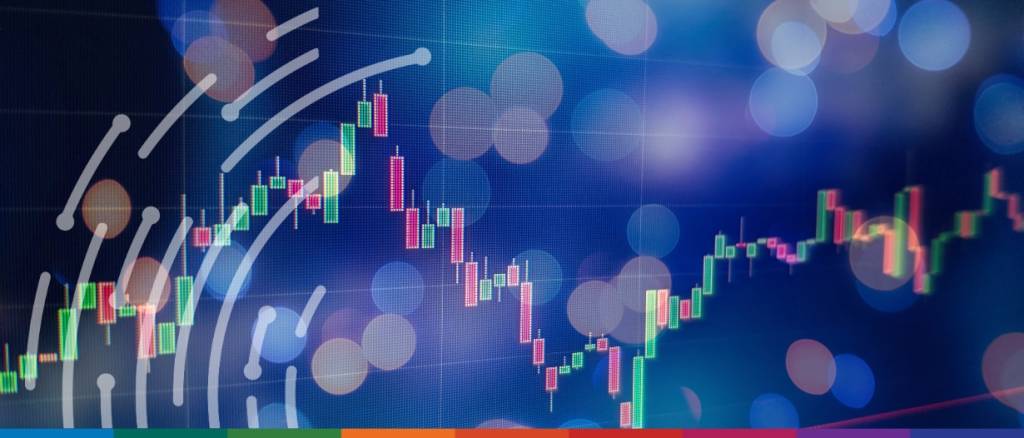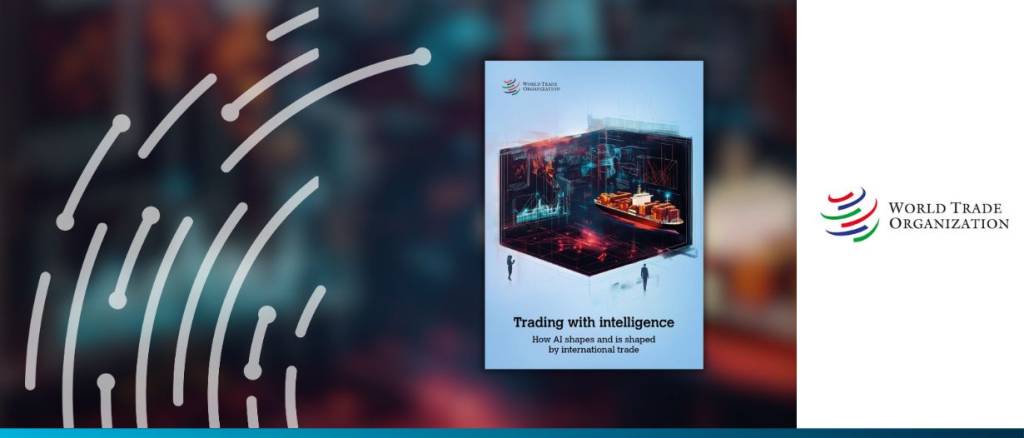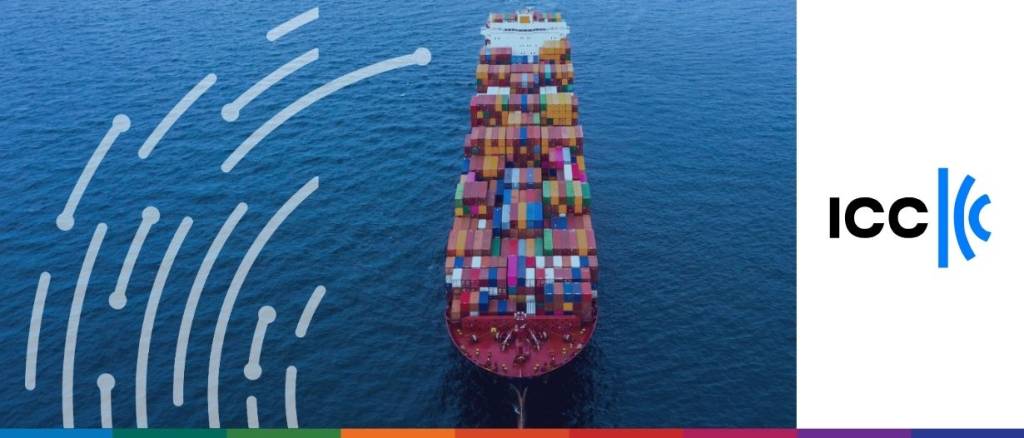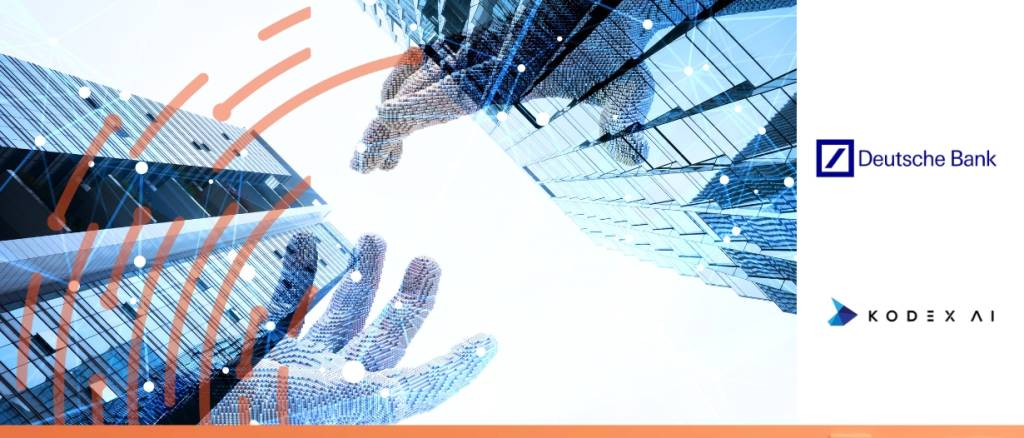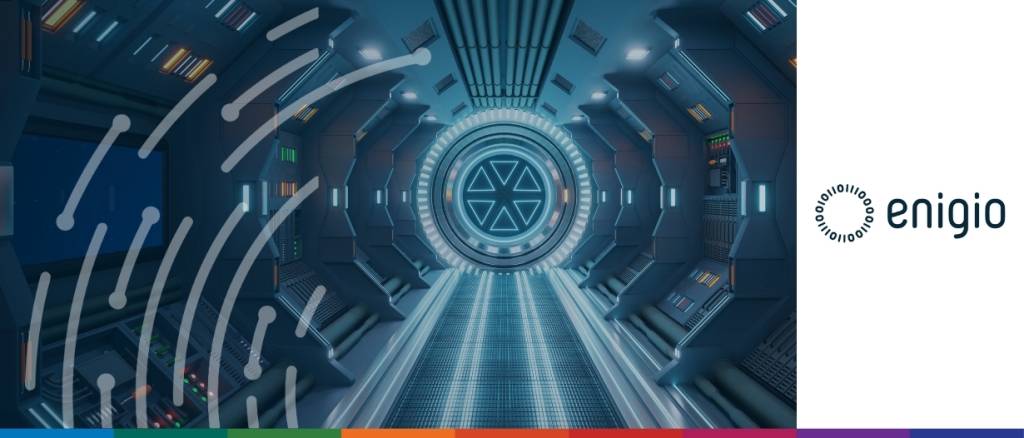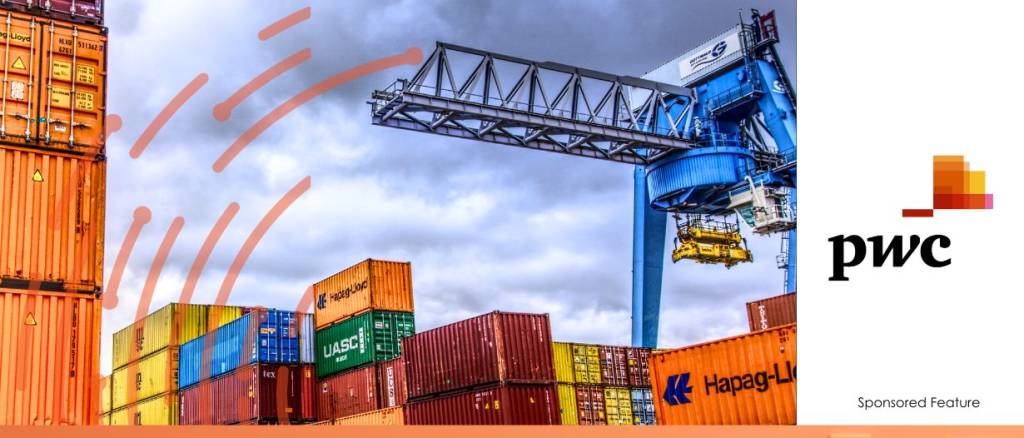The strategy, unveiled at the event, includes a commitment to ensuring that more than half of global trade will be governed by laws recognising electronic trade documents by the end… read more →
Traditional paper-based systems are not helping us meet the challenges of the present or future. Trade digitalisation is not an end in itself. It is an enabler, a stepping stone… read more →
Listen to this podcast on Spotify, Apple Podcasts, Podbean, Podtail, ListenNotes, TuneIn Big data, small data, metadata – you’ve heard it all. From your workout to your wine fridge, massive amounts of information are being collected… read more →
The World Trade Organization (WTO) has today published a report entitled: ‘Trading with intelligence: How AI shapes and is shaped by international trade’.
Preparing for the future is critical in the rapidly changing insurance and reinsurance industry. That’s why the industry needs to prioritise allocating its limited resources to ensure that there is… read more →
The annual Trade Register from the International Chamber of Commerce (ICC) in collaboration with Boston Consulting Group (BCG) and Global Credit Data (GCD) has been released, analysing the landscape for… read more →
On Monday 21 October, Deutsche Bank and Kodex AI, a Berlin-based AI startup company, published a whitepaper on the opportunities of generative AI (Gen AI) in the banking sector.
In fragmented markets, there is often a lack of real-time standardised data. In response, a group of eight leading financial institutions united on Chainlink’s platform, has launched an ambitious initiative to revolutionise corporate actions processing using artificial intelligence and blockchain technology.
Transactions between Europe and China using trade finance documents like Letters of Credit, Documentary Collections, or Open Account terms, which used to be paper-based and take as long as two… read more →
The advent of digitalisation presents an opportunity to transform trade finance by addressing long-standing inefficiencies and one such innovation is a digital version of the bill of exchange called the… read more →

















